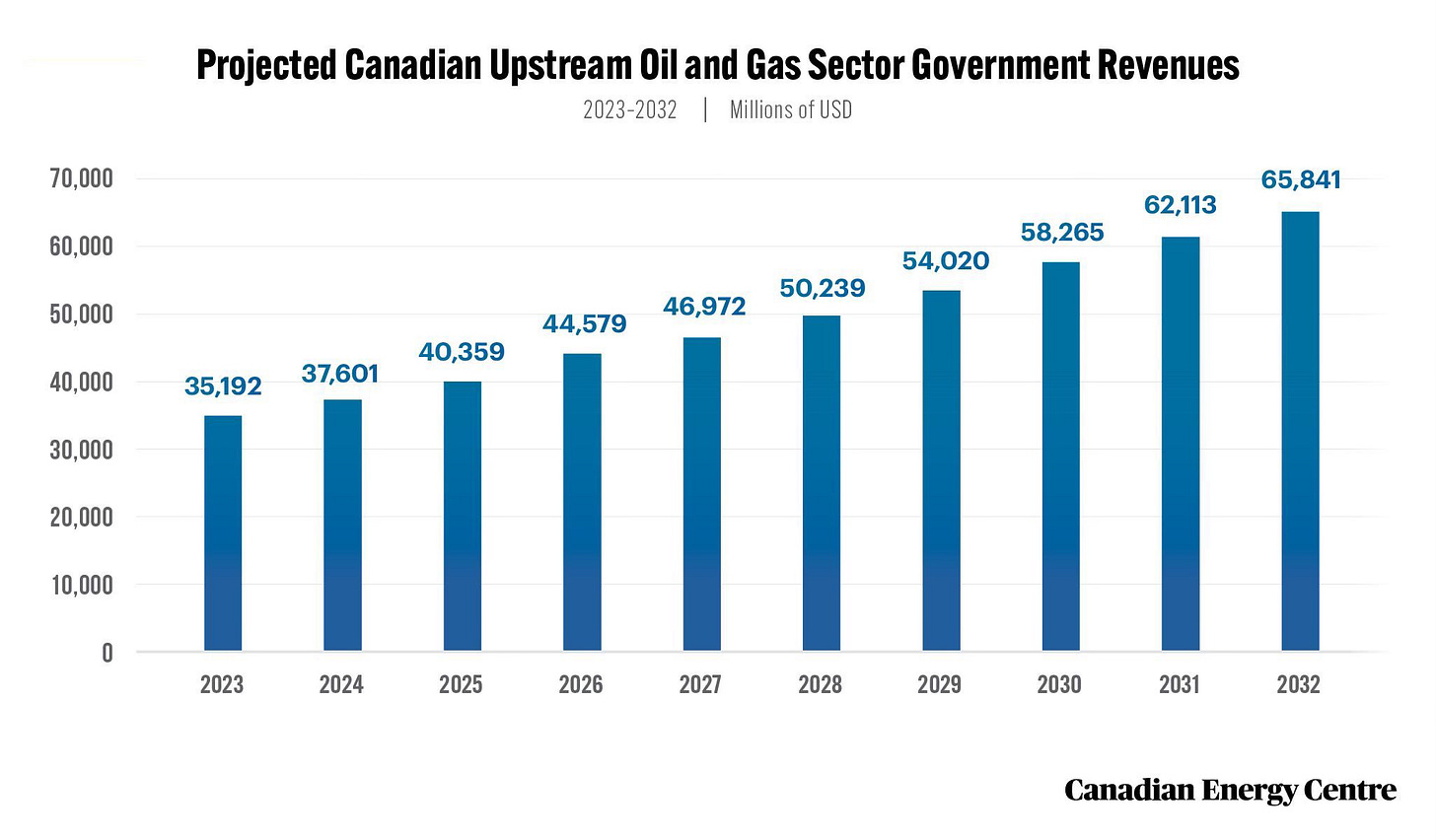Alberta Separation is an Oil Profits Plot
by Gary Porter
Alberta Premier Danielle Smith is “playing with fire” by stoking the flames of separation before consulting First Nations, say chiefs, academics and lawyers who spoke to APTN News.
“This could go very badly for her,” warned Tsuut’ina First Nation Chief Roy Whitney of Smith’s apparent willingness to hold a referendum on Alberta independence.
“The province has no authority to try and separate,” added Regina Crow Child, a Tsuut’ina minor chief and treaty knowledge keeper, who spoke with APTN by phone. “They cannot take our territories with them. There is no way they can legally say that this land belongs to them.”
Smith has said she supports Alberta staying in Canada, but backs Alberta ‘sovereignty’, deftly speaking out of both sides of her mouth. Recently, Smith made it easier to hold a referendum on the issue by lowering the required number of signatures to 177,000 from 600,000.
Quebec Independence vs. Alberta Separatism
Not all separatist movements are equal. Marxists support the right to self-determination for oppressed nations (e.g. Quebec, Indigenous peoples), but oppose bourgeois separatism that divides workers.
Quebec’s independence movement has a different class character than Alberta’s. Quebec is a dominated, oppressed, colonized nation with a Francophone working-class base whose nationalist aspirations are tied to anti-imperialist and socialist currents (e.g., Front de Liberation du Quebec, Parti Quebecois early left-wing roots, and today's Quebec Solidaire).
Alberta is a petro-state where separation is driven by a segment of the capitalist class, not by an oppressed nation. Unlike Quebec, Alberta’s movement lacks a progressive class character—it pushes reactionary nationalism, serving big oil and gas companies, appealing to racist, sexist, anti-queer, anti-immigrant and ecocidal opinion.
A Leger poll released on May 15, 2025 showed that Alberta becoming a country independent of Canada has support amongst 29 per cent of respondents, while Alberta becoming an American state has 17 per cent. Where is this support coming from?
A steady diet of ruling class propaganda, particularly from the oil cartel, opposes any move for a transition to a fossil-free energy grid. It portrays “Ottawa” or “Eastern elites” as hostile to oil. A second claim is that the Equalization payment system in Canada exploits Alberta’s oil dollars for the benefit of poorer Canadians. This is “unfair” according to the oil cartel and their paid politicians in Edmonton. Such propaganda argues Canada is hostile towards pipelines and over-regulates the oil and gas business, resulting in higher costs and lower profits to the detriment of Albertans.
Facts say otherwise. Oil companies are granted huge tax credits for exploration and development of their environment-wrecking products. Working Canadians outside Alberta pay relatively higher taxes as a result. Massive outright subsidies (gifts) are paid from Canada-wide taxes into the coffers of oil corporations, the richest companies in the world after big tech. Ottawa bailed out the TMX pipeline, tripling capacity for oil flow from the Alberta tar sands to tide water at Burnaby, B.C.
The Canadian government purchased the Trans Mountain Pipeline (TMX) from Kinder Morgan for $4.7 billion. The total cost to buy and complete the expansion project is now estimated at $34.2 billion, according to Canada's Parliamentary Budget Officer. These funds were transferred from poorer provinces to the benefit of the richest province in Canada. So Alberta ruling class propagandists, constantly portraying themselves as victims, are grossly misrepresenting the situation.
Alberta’s Gross Domestic Product per capita is over $93,000. That is $20,000 higher than BC, the second highest province, and $40,000 higher that the Canadian average of $53,000.
Alberta’s economy is heavily dependent on fossil fuel extraction (oil and gas), controlled by domestic and international capital. The separatist movement is largely driven by sections of the Alberta bourgeoisie—particularly the oil and gas elite—who seek greater autonomy to deregulate industry, ride rough shod over indigenous sovereignty, eliminate environmental protections, and resist federal policies (like carbon taxes or Just Transition initiatives) that threaten their profits.
Separation would enable Alberta’s capitalist class to further exploit workers and resources, without federal restrictions, thus consolidating their power. Given the political landscape in oil-dominated Alberta, separation would undoubtedly reinforce reactionary politics (anti-environmentalism, anti-Indigenous policies, anti-immigrant sentiment) instead of uniting workers against capitalist exploitation.
The oil industry already relies on precarious labour (migrant workers, temporary foreign workers, and considerable non-unionized labor). Separation could weaken labor rights under a more right-wing provincial regime. Some workers’ leaders (e.g. United Steelworkers bureaucrats) might support separation due to fear of job losses emanating from federal climate policies. However, this is a false solution—global capitalism (not Ottawa) dictates oil demand, and automation may still threaten jobs.
Alberta separation would weaken the Canadian working class along regional lines, undermining cross-provincial labor solidarity (e.g., unions fighting for national policies like universal healthcare). Alberta’s economy is volatile (highly dependent on oil prices). Without federal equalization payments, public services (healthcare, education) could face even more severe cuts.
The ruling class often uses nationalism to divert working-class anger away from capitalism and toward external enemies (e.g., “Ottawa”, "Eastern elites"). That is evident today in Liberal PM Mark Carney's "Team Canada" that fights tariffs with counter-tariffs and hikes military spending enormously to appease Donald Trump.
Socialists advocate Class Struggle over Separatism
Rather than separation, Marxists say:
* Unite workers across Canada against the capitalist class (including Alberta’s oil barons).
* Demand a just transition with worker-led democratic control over publicly-owned energy production, ensuring job growth in renewable energy sectors.
* Oppose federal policies that hurt workers and resist separatist false solutions.
In summary, the Alberta separatist movement is not in the interests of workers; it is a bourgeois project that seeks to deepen capitalist exploitation while dividing the working class. The liberation of Alberta workers lies not in separation but in class struggle against the oil oligarchy and solidarity with workers across Canada and beyond.


